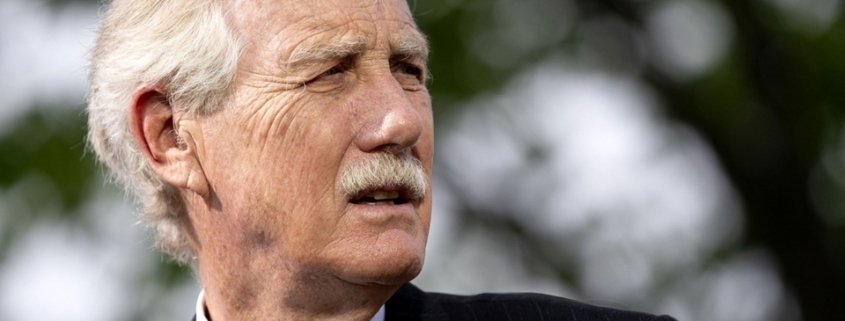The Day – Hackers find easy prey as U.S. ignores one warning after another
The ransomware attack that shut down the nation’s biggest fuel pipeline prompted an all-too familiar question in the corridors of power in Washington and boardrooms across the country: Can anyone stop debilitating hacks?
The recent assault on Colonial Pipeline Co. was a particular affront. Not only did it disrupt fuel distribution on the East Coast, it followed an effort by the Biden administration to act against cyber crime — especially ransomware, where criminals remotely disable a computer system and demand payment. Colonial was hit on day 37 of a 60-day push by the Department of Homeland Security to confront such attacks.
The administration’s campaign is the latest in a long series of cyber strategies offered by presidents and lawmakers from both parties to curb hackers. For years, security experts have offered concrete recommendations for governments, companies and other organizations to follow to ward off cyber-attacks, but they’re often ignored, or punted in favor of more pressing concerns.
“There has to be a different way of approaching this if we are going to stop this plague,” said Philip Reiner, chief executive officer of the Institute for Security and Technology. Reiner’s group recently offered 48 actions the Biden administration and the private sector could pursue against ransomware.
While President Joe Biden recently imposed sanctions on Russia over the hack of SolarWinds Corp., the threat of retaliation or prosecution from the U.S. holds little deterrence — at least so far. Many criminal hackers reside in countries that ignore them or tacitly approve of their behavior. Actions to punish state-sponsored hacking groups — including sanctions and indictments — have previously done little to counter the assaults.
The list of recent cyber-attack targets reflects both the sophistication and brazenness of the hackers. In government, the victims include the Department of Homeland Security, the Illinois Attorney General’s Office, even the Washington, D.C., police department. In the private sector, hackers infiltrated big tech companies like Microsoft Corp., the cyber-security firm FireEye Inc., San Diego-based Scripps Health and even the Houston Rockets of the…





